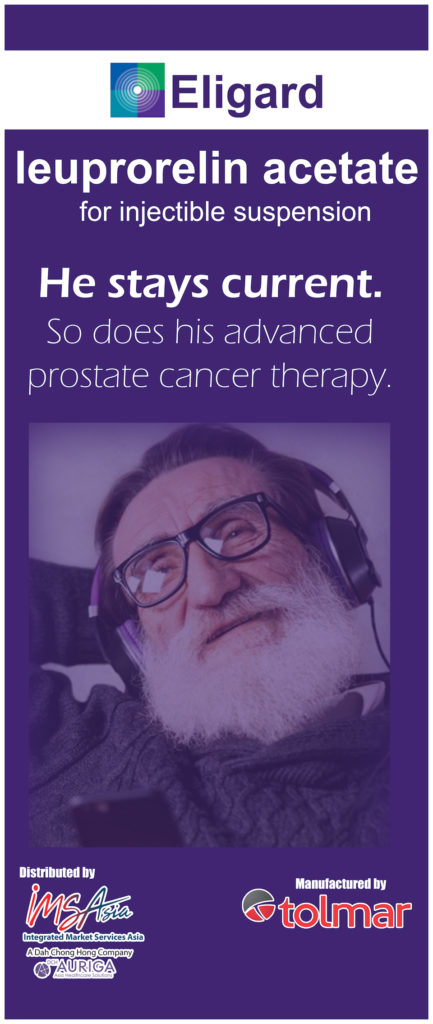“Men who adopt the profession of arms, submit of their own free will to a law of perpetual constraint. Of their own accord, they reject their right to live where they choose, to say what they think, to dress as they like.” – Military Professionalism, Gen Charles de Gaulle, French Army
The above paragraph was one of the many things our instructors in Military School made us memorize. I used to hate it. They made us recite the military professionalism every time we eat our meal, or start a lecture. The moment we fail to recite it, or utter a wrong phrase, punishment awaits us. From performing a set of exhausting exercises to a delayed meal.
But now, looking back, the military professionalism is an embodiment of our daily lives. Both as a soldier of the Armed Forces of the Philippines (AFP) and as a urology resident in training.
I am Almanzhor G. Sendad, a military surgeon, serial number O- 19250, with a rank of captain. Let me bring you to one of my deployments in the battle field.
April 2018.
I was a fresh graduate from military training. At that time, the insurgence in Marawi City by the Maute group was just wrapping up. Hence, a lot of military surgeons was still in the battle ground. And while the government is thwarting this national threat, the never ending war in Jolo, Sulu is still on going. They had to deploy even those that are novices because there were already shortage of military surgeons. I was that young, inexperience medical corps lieutenant deployed in Camp Teodolfo Bautista Station Hospital in Busbus, Jolo, Sulu, tasked to provide medical support to the AFP combatant troops.
One morning, I received a call from a high ranking military officer to prepare our emergency room, because of an ongoing fire fight ensued between government forces and terrorists (abu sayaff group). Situations like this, we basically have no idea what type of injuries are we facing. These ranges from simple abrasion, laceration, to as complicated as gun shot injury to the abdomen, chest, and face. That morning, I received 6 soldiers to be treated on our hospital. The first 4 had minor injuries. 1 soldier had a gun shot injury to the chin. He was gasping for air, vital signs were unstable. My anesthesiologist could not intubate him. His oxygen saturation were going down, fast. So, despite being just a second year GS rotator, with all the guts and courage I have, I did a cricothyroidotomy. Thankfully, I was successful doing so. The second soldier had a gun shot injury to the chest. He rapidly developed a hemothorax. I did a CTT, my very first without a senior resident/consultant on my side.
To this day, the events during that chaotic day is very vivid on my mind. As a military urologist. We lead a double life. That’s twice the chance of serving the Filipino people. On a regular day, we do most urologist do. We do consults, treat prostate cancers, kidney stones and other urologic procedures, most urologist do. But some day, we put on our battle dress uniform (BDU), pack our bags, and go to war strike areas, where normal people would run away. We join the combatant operatives of our military forces to bring the most elusive peace we want in the islands of Mindanao.




0 Comments